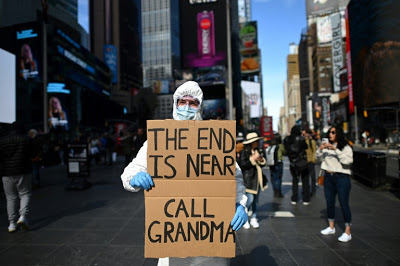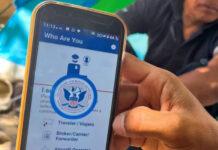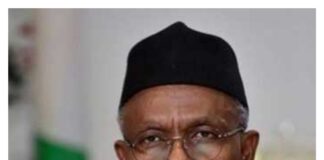Spain and France have imposed sweeping restrictions to fight the spread of coronavirus, as US President Donald Trump tested negative for the disease that has infected more than 150,000 people worldwide.
Following Italy, Spain on Saturday imposed a near-total nationwide lockdown, banning people from leaving home except to go to work, get medical care or buy food.
The disease has so far claimed 196 lives in Spain, making it the worst-hit European country after Italy. Prime Minister Pedro Sanchez’s wife is among those infected.
France meanwhile ordered the closure of restaurants, bars, cinemas and nightclubs but said food shops, pharmacies, banks and tobacconists would remain open and local elections will go ahead on Sunday.
In a sign of growing alarm, the US extended a travel ban imposed on European nations to the United Kingdom and Ireland, starting midnight on Monday.
The restrictions threw airports across the US into disarray, with incoming travellers forced to wait hours for medical screenings.
Trump had agreed to a virus test after he came in to contact with several members of a Brazilian presidential delegation who have since tested positive.
“One week after having dinner with the Brazilian delegation at Mar-a-Lago, the President remains symptom-free,” Trump’s physician Sean Conley said.
The number of COVID-19 cases worldwide has gone past 156,000 worldwide with more than 5,800 deaths, according to a tally by Johns Hopkins University.
– Borders and airports closed –
A week that saw schools and businesses shut down indefinitely, millions of travellers barred from crossing borders, celebrities and politicians infected and the whole of Italy locked down ended with a flurry of government announcements.
Australia on Sunday announced all arrivals in the country will face mandatory 14-day self-isolation.
“We are going to have to get used to some changes in the way we live our lives,” Prime Minister Scott Morrison said, adding the measure will come into effect from midnight (1300 GMT Sunday).
Trump declared a national emergency and announced a $50 billion package, with similar measures being taken by governments from Austria to Canada on Saturday.
European nations ramped up border controls, while Chile has quarantined more than 1,300 people aboard two cruise ships after an elderly Briton aboard one of them tested positive for the coronavirus.
Squares and streets from Milan to Madrid were deserted on Saturday as government calls to stay at home were heeded by most.
Some Italians took to singing to each other from their windows to beat the isolation.
The country that saw the biggest increase over the last 24 hours was Italy, which recorded 175 new deaths, while Iran had 97 and Spain 63.
The World Health Organization (WHO) has confirmed Europe as the epicentre of the pandemic after a dramatic slump in new domestic cases in China, where the virus first emerged in December last year.
China on Sunday reported 16 new imported cases of the coronavirus, the highest in over a week.
– Public health dilemmas –
The human cost is rapidly being matched by the economic cost — financial markets endured a rollercoaster ride all week with spectacular losses triggered by fears of a global recession followed by huge gains after government spending pledges.
Tech giant Apple closed all of its stores outside China until March 27 while British Airways became the latest global firm to hint at drastic action to come, with CEO Alex Cruz telling staff to expect job losses.
Airlines have cancelled thousands of flights worldwide and some airports have shut terminals.
AFP















